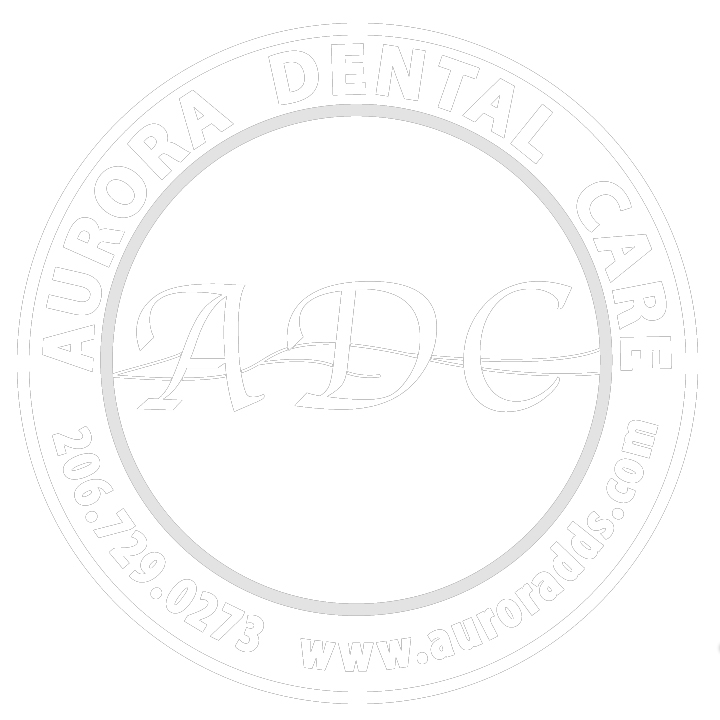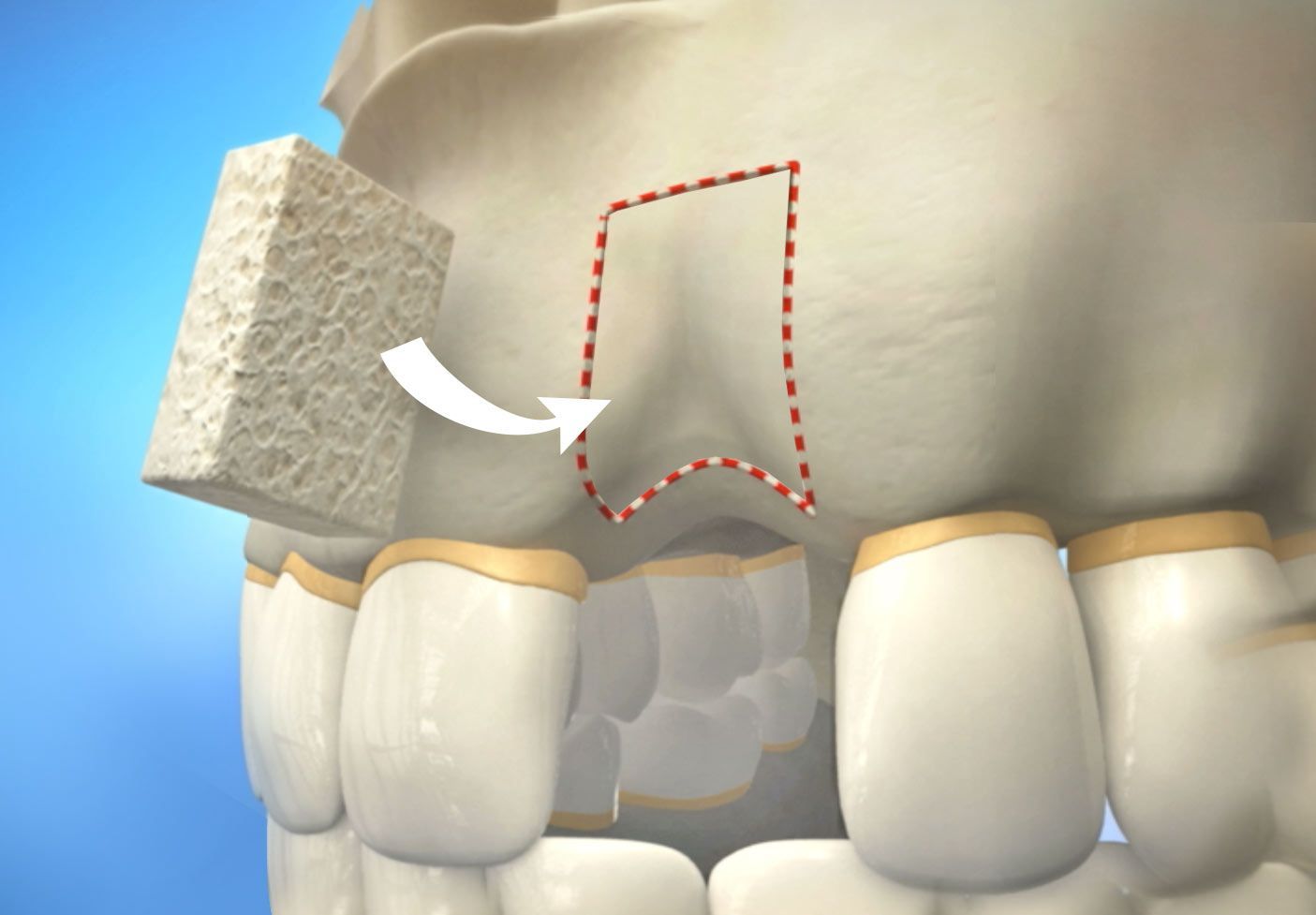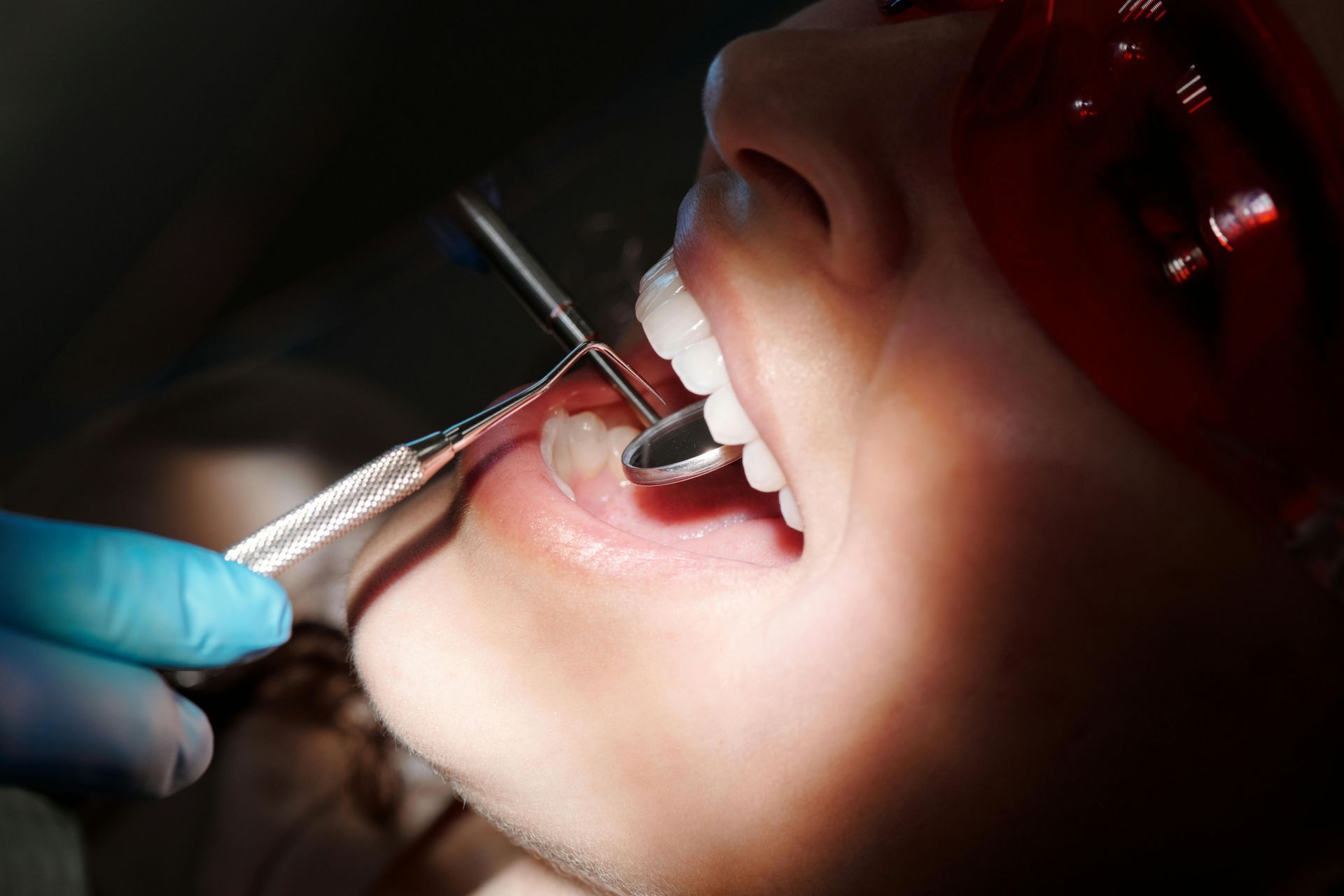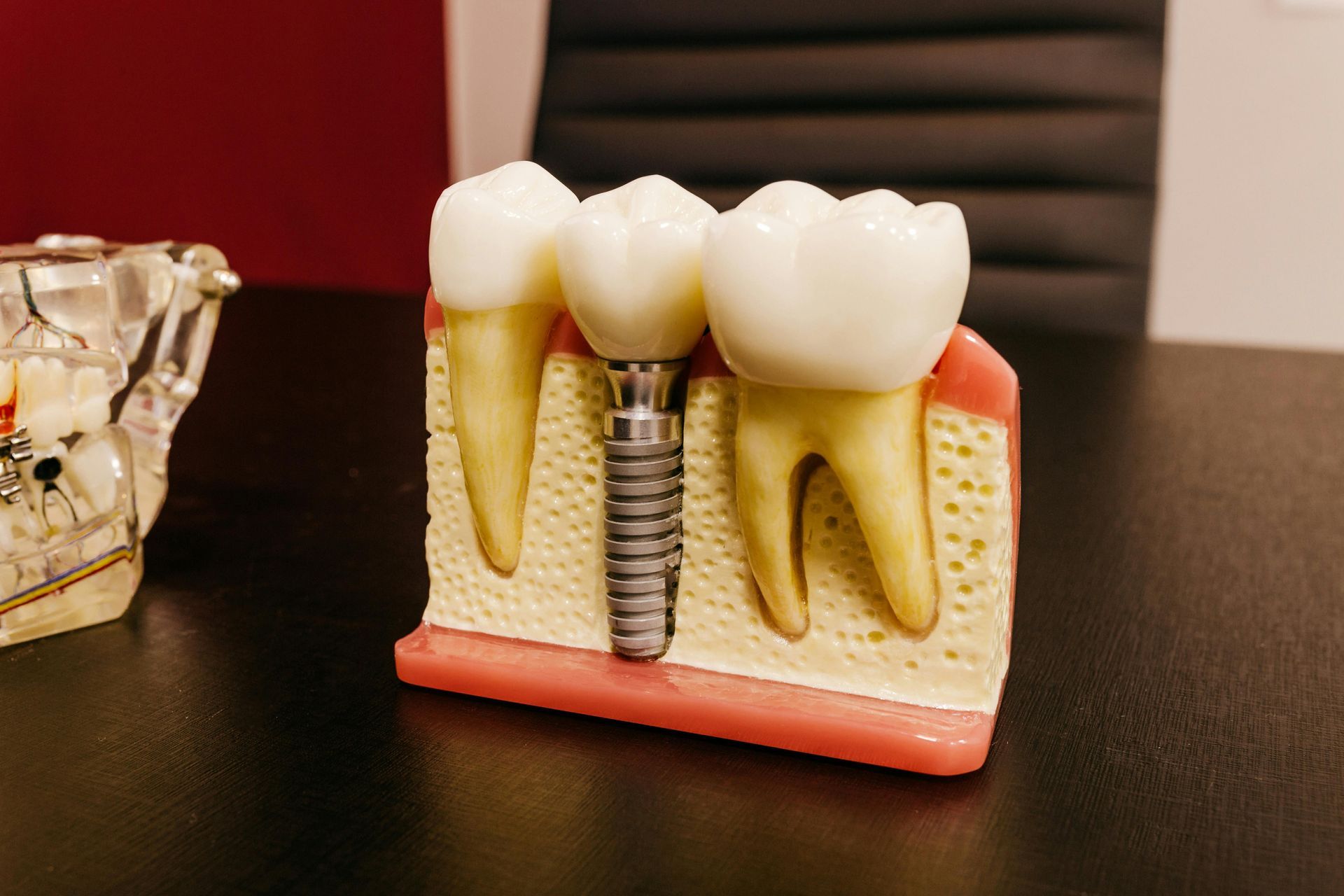Receding Gums - Causes and Treatment
Receding gums can be a troubling dental issue. They occur when gum tissue pulls back, exposing more of the tooth or its root. This condition can lead to increased sensitivity and even tooth loss if not addressed. Understanding the causes and treatments is crucial for maintaining oral health.
Gum disease is a leading cause of receding gums. It can progress silently, making regular dental check-ups essential. Other factors like aggressive brushing and genetics also play a role.
Fortunately, there are effective treatments available. From professional cleanings to surgical options, dental care can help manage and treat gum recession.
Aurora Dental Care offers specialized services for those dealing with receding gums. Consulting with our periodontist can provide personalized treatment plans. Maintaining good oral hygiene is key to preventing receding gums. Simple practices like gentle brushing and flossing can make a significant difference.
Common Causes of Receding Gums
Understanding the causes of receding gums is crucial for prevention. Several factors contribute to this condition. Often, a combination of these factors accelerates gum recession.
One major cause is gum disease. Periodontal disease is an infection of the gums and supporting bone. It is the most common reason for gum recession. Gum disease results from the buildup of plaque, leading to the destruction of gum tissue.
Another cause is aggressive tooth brushing. Brushing too hard can wear away the enamel, causing gums to recede. It's important to use a soft-bristled toothbrush with gentle techniques to prevent damage.
Other factors include:
- Genetic predispositions
- Poor oral hygiene habits
- Smoking or use of tobacco products
- Misaligned teeth or grinding
Lifestyle choices also play a role. Smoking and poor diet can worsen gum health. By identifying these causes early, you can take proactive steps to protect your gums.
Signs and Symptoms to Watch For
Receding gums can manifest in various subtle ways. Early detection is key to successful treatment. Paying attention to signs can prevent further complications. Common symptoms include increased tooth sensitivity. The roots of your teeth may become exposed, leading to discomfort. It's vital to note any changes in how your teeth feel.
Other signs to monitor include:
- Teeth appearing longer
- Noticeable gaps between teeth and gums
- Bleeding gums during brushing
- Red or swollen gums
Recognizing these symptoms helps in taking timely action. If you experience any, consult a dental professional promptly. Regular check-ups can also aid in early detection.
The Link Between Gum Disease and Receding Gums
Gum disease often goes hand in hand with receding gums. It begins with plaque buildup, which can irritate gum tissue. If left unchecked, inflammation and damage follow.
As gum disease progresses, it may result in gum recession. This exposes more of the tooth. The cycle of damage continues without treatment. Addressing gum disease early can prevent further gum recession. Regular dental cleanings help. They reduce plaque and preserve gum health. Regular visits to the dentist are crucial for managing both conditions effectively.
Risk Factors and Prevention Tips
Several factors can increase the risk of receding gums. Aggressive brushing, poor oral hygiene, and smoking are major contributors. Genetic predisposition and age are also significant factors.
Prevention is key to maintaining healthy gums. Regular dental visits can catch early signs of trouble. Gentle brushing and daily flossing are effective preventive measures.
Consider incorporating these tips into your routine:
- Use a soft-bristled toothbrush.
- Avoid tobacco products.
- Eat a balanced diet rich in vitamins and minerals.
- Use antimicrobial mouthwash to reduce plaque.
- Manage stress and exercise regularly.
By proactively addressing these factors, you can reduce your risk of gum recession.
Diagnosis: When to See a Periodontist
Early detection of receding gums is crucial. If you notice signs like tooth sensitivity or exposed roots, consult a professional. A periodontist specializes in diagnosing and treating gum-related issues.
Consider seeing a periodontist if you experience:
- Persistent bad breath or bad taste in the mouth.
- Red, swollen, or bleeding gums.
- Teeth that appear longer or loose.
Prompt diagnosis can lead to more effective treatment and better outcomes.
Treatment Options for Receding Gums
Addressing receding gums involves understanding the severity and underlying cause. Early intervention can prevent further damage. Treatment ranges from simple professional cleanings to complex surgical procedures.
Dental professionals can recommend appropriate treatments. Non-surgical options include deep cleaning techniques. These help remove plaque and tartar buildup. They work beneath the gum line where toothbrushes can't reach.
In more advanced cases, surgery might be necessary. Surgical treatments aim to restore lost gum tissue. These procedures help protect exposed tooth roots. They also improve the overall appearance of your smile.
Consulting with a periodontist provides a comprehensive treatment plan. They offer personalized recommendations based on your specific condition. This individualized approach is key to effective gum care.
Common treatment options include:
- Scaling and root planing.
- Antibacterial treatments.
- Gum graft surgeries.
Always seek professional advice. It ensures you receive the best care for receding gums.
Non-Surgical Treatments
Non-surgical methods offer a less invasive approach. These are suitable for mild to moderate gum recession. The focus is on cleaning and stabilizing the affected area.
Key non-surgical treatments include:
- Scaling and root planing, to clean deep below the gum line.
- Laser bacterial reduction to reduce gum inflammation.
Regular dental visits can complement these treatments. They help maintain healthy gum tissue.
Surgical Treatments
Surgical options are available for advanced gum recession. These treatments aim to restore and protect gum tissue.
Some effective surgical procedures include:
- Gum grafts, which use tissue from another part of the mouth.
- Flap surgery to remove tartar and reduce pocket depth.
Surgical intervention can improve both function and aesthetics. It's important to discuss these options with a periodontist. They can guide you on the best approach for your situation.
Why Choose Aurora Dental Care for Gum Health?
Aurora Dental Care offers specialized services for gum health. Our expert team provides personalized care tailored to each patient’s needs. We aim to deliver the highest standard of dental care in a comfortable setting.
Our experienced periodontists use the latest techniques in treating receding gums. From preventive care to advanced treatments, Aurora Dental Care prioritizes your oral health and well-being. We ensure our patients receive comprehensive care plans designed for successful outcomes.
Maintaining Healthy Gums for Life
Keeping gums healthy is key to a lasting smile. Regular check-ups and cleanings play a vital role in prevention. Consistent oral hygiene practices ensure long-term gum health.
Simple daily habits can make a big difference. Consider incorporating the following:
- Brush twice daily with a soft-bristled toothbrush.
- Floss regularly to remove hidden plaque.
- Use an antibacterial mouthwash to reduce inflammation.
With these habits, achieving lifelong gum health is possible. Be proactive and dedicated. Your gums will thank you.






